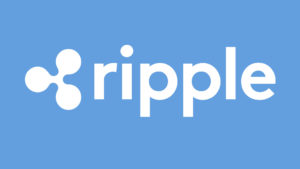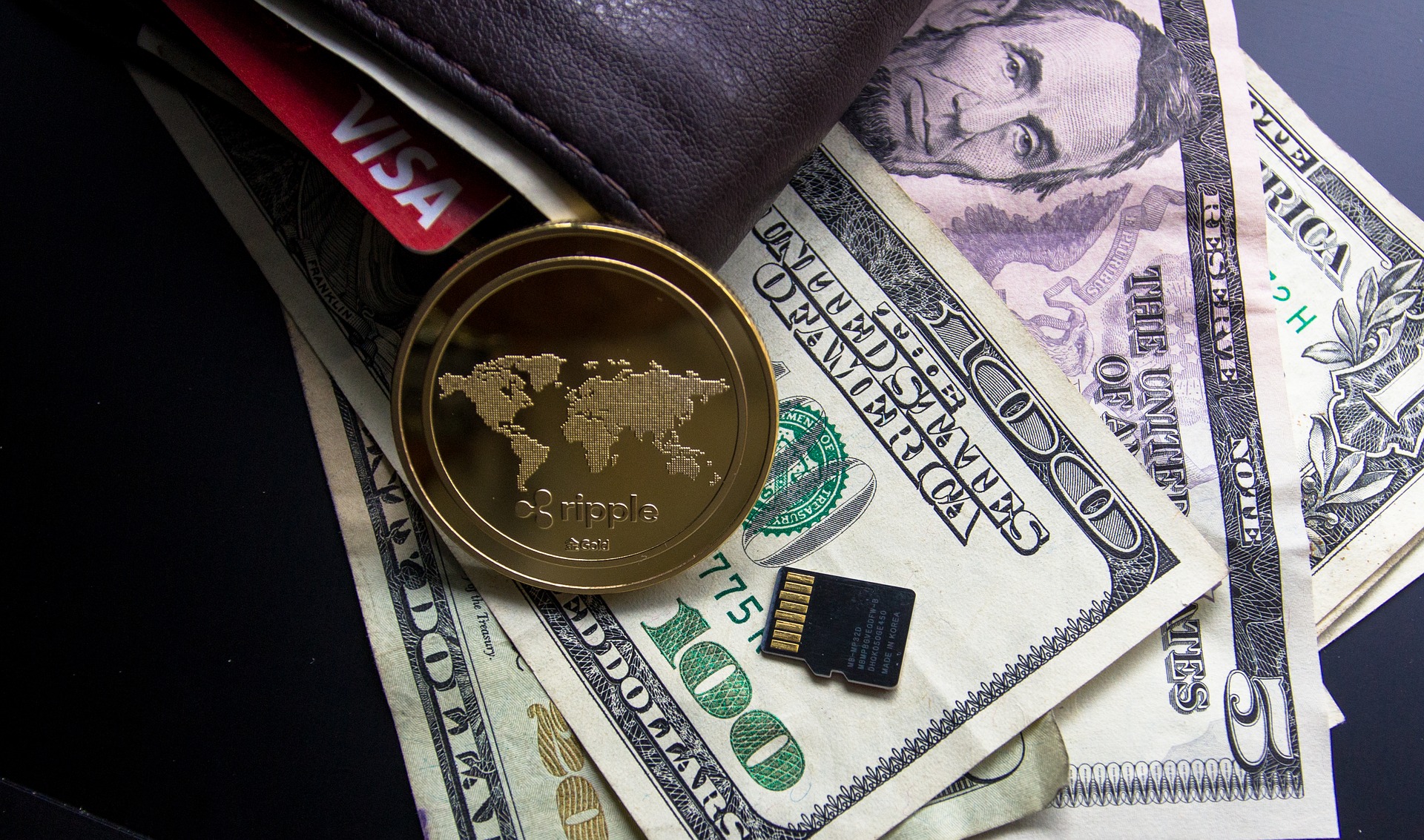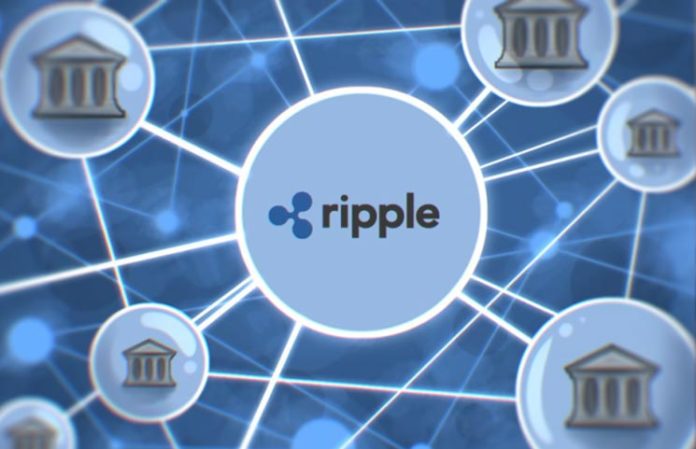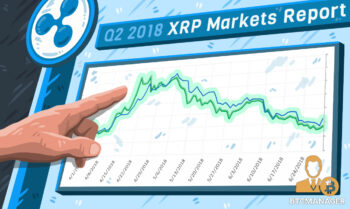
2018-9-20 14:59 |
Talking to CNBC Markets on Monday, Ripple’s Sagar Sarbhai noted that policy makers are handling cryptocurrency and blockchain markets more holistically now. The head of regulatory relations for the Asia-Pacific and the Middle East at Ripple said that regulators do not have a compartmentalized approach toward blockchain and cryptocurrency markets anymore. He believes that now policymakers do not believe that cryptographic assets are isolated from the distributed ledgers.
Changes to “Yes to the Blockchain, No to Crypto” BeliefAccording to Sarbhai, regulators are now more receptive to the concept of digital currencies. Earlier, they went for a clear demarcation between crypto assets and their underlying technology. While crypto received the hostility of authorities, blockchain was welcomed with open arms. The most common sentiment in the market was that blockchain could help in revolutionizing the legacy systems, but there were no takers of cryptocurrencies.
Now, that sentiment has improved drastically. Sarbhai explains:
“A couple of years ago the narrative was blockchain good, crypto bad. But I think what we’re now seeing is more and more regulators, policy makers taking the whole space in one conjunction. So you cannot have runways built without the airplanes … That narrative is thankfully changing because policymakers, regulators are seeing that there is a strong benefit that digital assets and cryptocurrencies bring in.”
What Could Changing Times Mean for Ripple?Ripple has been at the center of a cryptocurrency debate. The platform, designed for institutional involvement in the blockchain and crypto space, was one of the most widely discussed tokens when the Securities and Exchange Commission said that some cryptocurrencies could be considered securities.
Sarbhai identifies the change in crypto regulations around the globe that works on the financial inclusion of digital assets. He pointed out the recent regulatory framework adopted by Thailand as a robust policy framework for digital coins.
Talking about the US, he believes that Ripple’s native token, XRP, may not be classified as a security. He said that XRP Ledger exists independent of the corporation, and Ripple controls only seven percent of validator nodes on the network. Additionally, XRP is open source, meaning that community participation and development are key to sustaining the platform. Sarbhai further explained that XRP holders do not hold a stake in Ripple, because of which Thailand, the Philippines, and Australia have classified the token as a commodity.
Ripple’s Sagar Sarbhai Hopes for Holistic Policies by Regulators was originally found on [blokt] - Blockchain, Bitcoin & Cryptocurrency News.
origin »Bitcoin price in Telegram @btc_price_every_hour
Ripple (XRP) на Currencies.ru
|
|






























